Blending student tuition costs and available financial aid packages, private student loans are one of the options students resort to while financing their higher education. As distinguishable from federal student loans, private loans are available from traditional banks, credit unions, etc. Here is information about private student loans, how they work, the pros of using private student loans, and what one should know before applying for a loan.
What is a Private Student Loan?
Private student loans are loans for education secured for tuition and other expenses including books and living expenses from the private sector. These loans are in addition to federal loans, which are Cobra administration packaged by the U.S. Department of Education. Because private loans are credit-backed, consumers are usually required to meet certain credit scores or else, have a co-signer.
Private Student Loans: on where, when and how to apply
The application process for private student loans is straightforward:
- Research Lenders: Select one of the alternatives and analyze the interest rate, repayment of the loan and any kind of facilitation provided by one or the other private lenders.
- Check Eligibility: Make sure you meet the credit score requirement of the lender or will need to ensure that your income is sufficient or apply with a co-signer.
- Submit an Application: Indicate the school, the amount required and your financial information.
- Loan Approval: The lender will take their time to peruse your application form and grant or reject a loan depending on your history.
- Disbursement: As soon as the grant is awarded, the money gets disbursed to your school to meet education costs. Such expenses may be refunded to you using the remaining amount in any account for additional expenses.
Key Features of Private Student Loans
Private student loans differ from federal loans in several ways:
- Interest Rates: Personal loans could be either fixed or variable, which would be higher or lower than the federal student loan rates based on credit score.
- Repayment Terms: Terms usually fall between five and twenty years long, which provides customers with freedom.
- No Standard Protections: Compared to federal loans, private loans do not come with the benefits like income-driven repayment, or loan forgiveness.
- Cosigner Requirement: Most private loans depend on a cosigner, especially for students who do not have a credit history or fixed income.
Advantages of Private Student Loans
Private student loans can be advantageous in certain situations:
- Covers Gaps in Funding: They can help you if federal aid and your scholarships cannot fully cover your educational expenses.
- Higher Borrowing Limits: Private lenders usually let you borrow up to your cost of attendance.
- Flexible Usage: Those funds, in many cases, can be applied towards other costs aside from tuition, such as accommodation, commuting and equipment.
Things to Think Over Before Applying
While private student loans can be a valuable tool, there are essential factors to consider:
- Compare Interest Rates: Selecting a lending company with low interest rates and better charges.
- Understand Repayment Terms: Major concerns should include monthly instalment rates, the commencement of repayments and penalties for early repayment.
- Evaluate Long-Term Costs: Sometimes private loans come with very high interest and one has to be very careful and be sure that one will be able to meet the payments after graduation.
- Explore Alternatives First: Federal grants and scholarships must be sought out first before considering any type of federal loans including private loans.
Conclusion
Private student loans are a feasible practice for students who require extra money for his or her education. When you know how learning management systems function and have decided thoughtfully, you should be able to make sound judgments that will align you with your academic objectives. Looking for advice on private loans and other related services? Speak with Jason Valdes – Elite Lending today!




